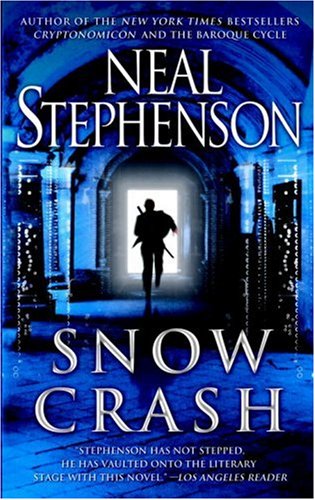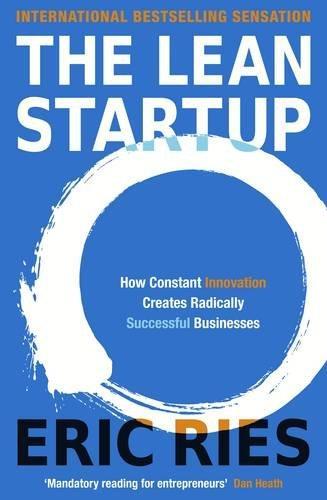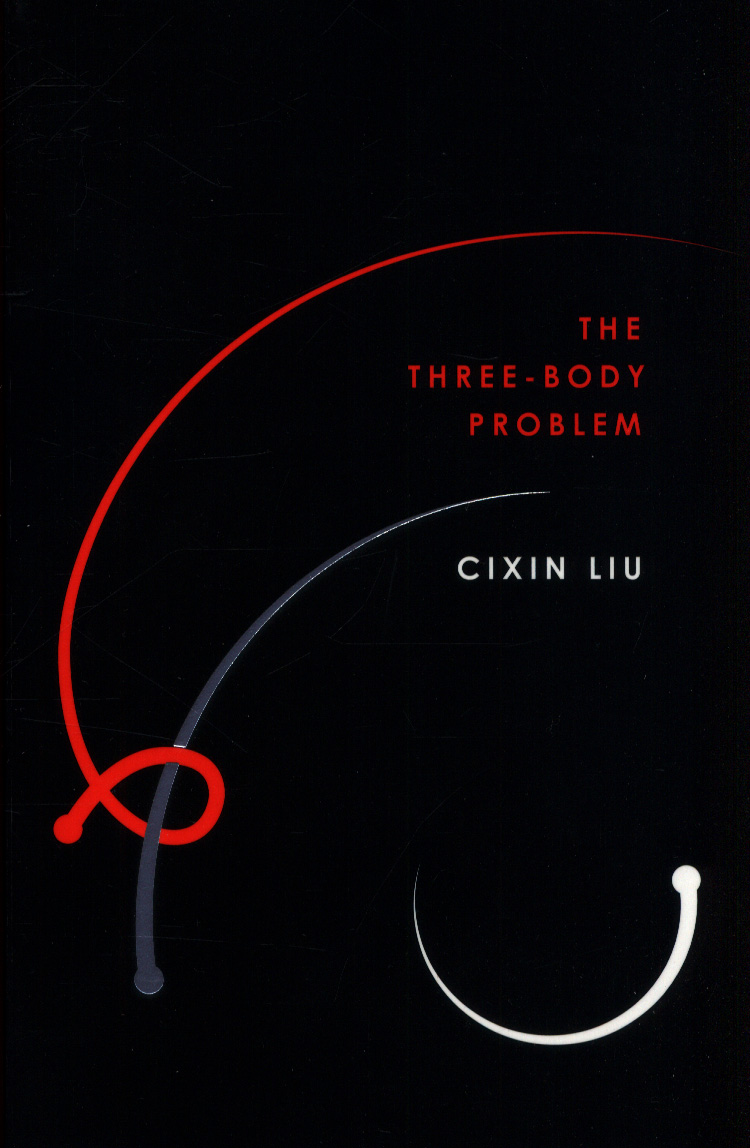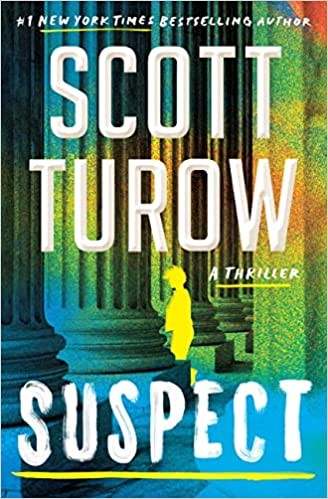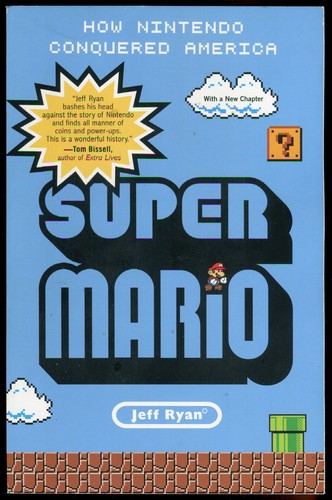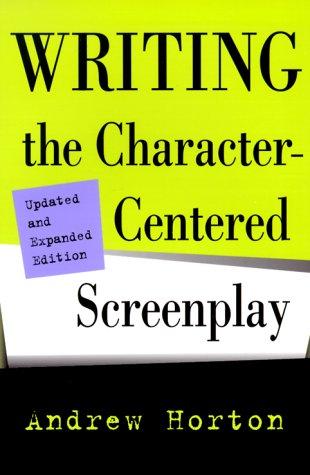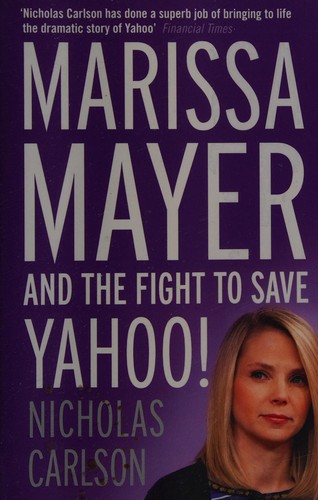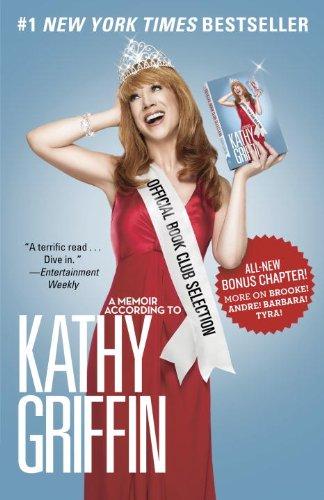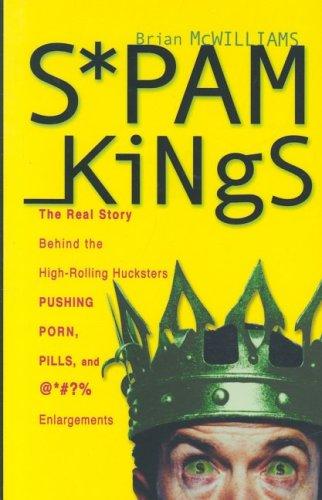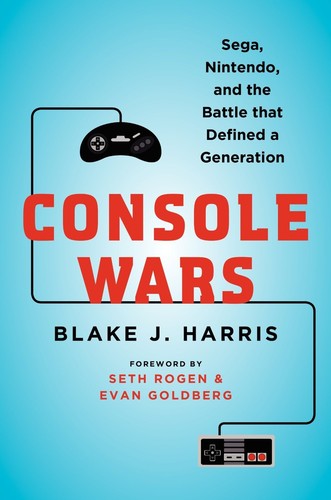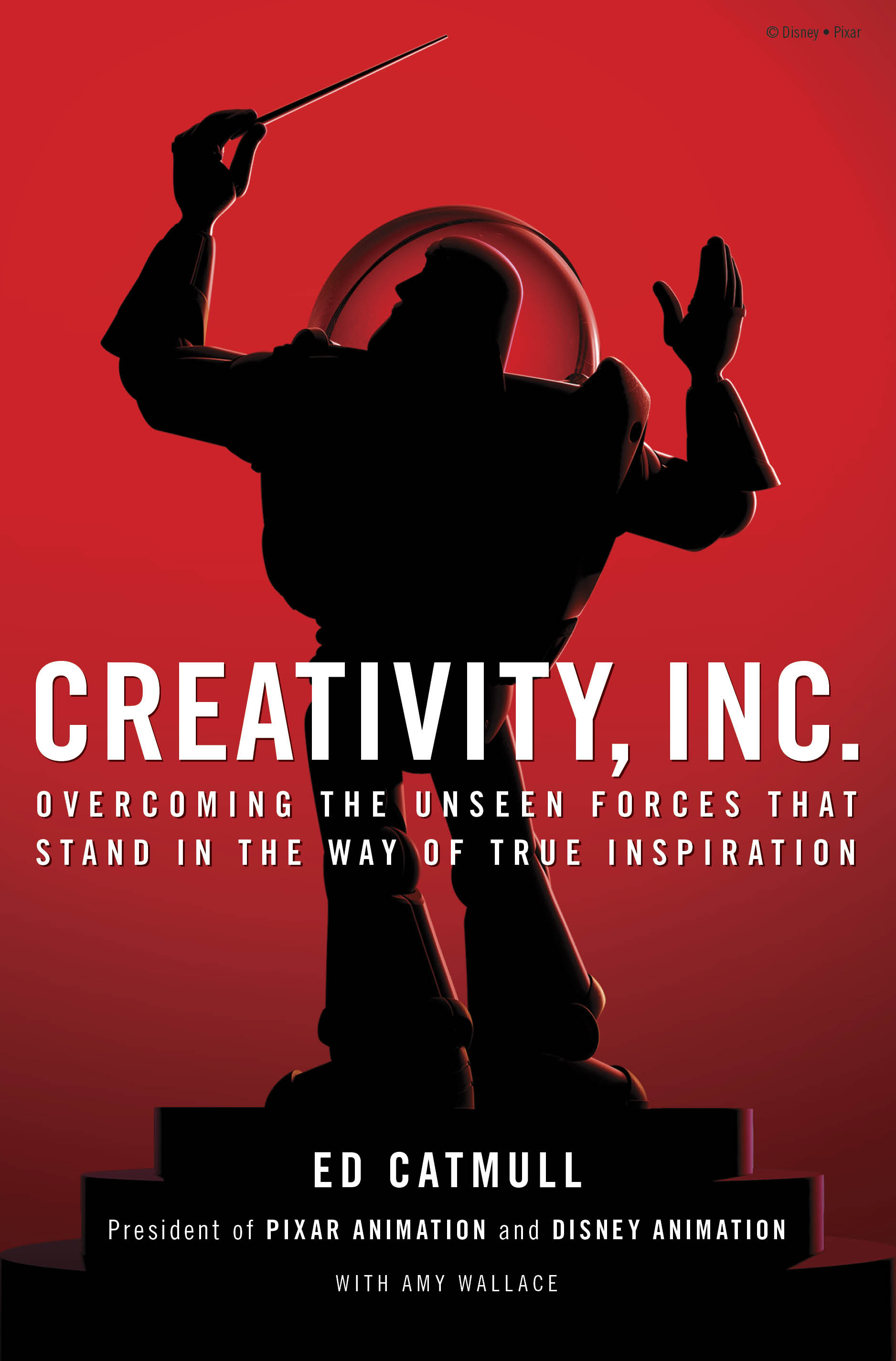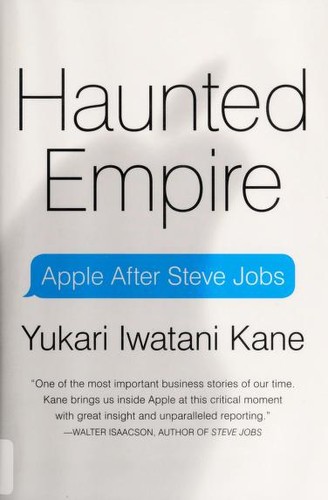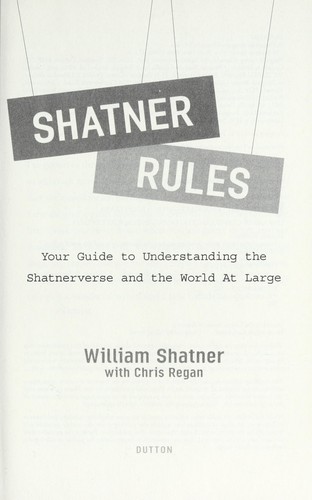he circles in my personal vision of Hell are designated for the likes of car salesmen, the return department at Fry’s, phone and fax telemarketers, and SUV drivers who never signal. And down in the lower regions is a special area reserved for spammers.
It occurs to me once in a while that I might be unfair — after all, spammers are people too, maybe just trying to make a living or perhaps just clueless. But these moments of weakness are forever set aside now, after reading Brian McWilliam’s profiles of notable spammers in Spam Kings: The Real Story Behind the High-Rolling Hucksters Pushing Porn, Pills, and %*@# Enlargements. They range from criminals, schizophrenics, and neo-Nazi’s to otherwise reputable businessmen, but they all have one thing in common — they’re trying to make a lot of money and don’t care how they do it.
But this book is not just about spammers — it’s about the often-dirty war between spammers and the vigilant anti-spam community. And, as in any war, even the good guys cross the line, going beyond reporting and tracking down spammers to illegal intrusion hacks, theft of data, harassment and obsessive stalking worthy of the paparazzi. Some notable anti-spam figures have even apparently traded sides (depending on interpretation, they’re either working with previous offenders to implement anti-abuse policies, or they’ve been coopted by the enemy).
The real-time feel of the book, interleaving the activities of the principals in their cat-and-mouse games, keeps the whole story moving like a spy novel. And the liberal inclusion of email and instant-messaging excerpts have the effect of placing the reader in the message board and IM conversations, which gives a vivid sense of the personalities, or at least the online personas (the combination of chattiness, net lingo, and vituperative exchanges shouldn’t be unfamiliar to Epinions members!)
But the lack of background exploration leaves us with little idea how these people got where they were. OK, we can simply just say spammers are amoral, money-grubbing parasites (although Davis Hawke’s miserable time in the school system may have given impetus to his path from chess-player to wannebe Nazi leader, despite his Jewish ancestry and original name of Greenbaum, to spammer). That still leaves the anti-spammers. How much are they motivated by righteous indignation, sense of justice, protectiveness of the Internet, or free time on their hands? Along with Hawke, the colorful and somewhat flirtatious anti-spam “goddess” Shiksaa forms the backbone of this narrative, but I’m sure there is short shrift given to many characters donating tech-savviness, legwork and legal efforts against spam. For example, Lawrence Lessig is just mentioned once in reference to his proposal of a bounty on flagging spam, but anyone following technology knows he’s the most recognized legal figure espousing and defending the Internet, airwaves, and digital content as the common good.
The narrow focus of the book also limits the presentation of the general spam issue. While the spammers portrayed in this book, all in the US, seem to be more or less out of business, spam is still growing, particularly internationally. Porn is part of the book’s title, and there is reference to porn and reputed organized crime connections, but the spammers in this book primarily hawk quack diet, muscle and sexual enhancers. (Though the Wanted: Time Machine spams are a nice touch) And some fundamental issues in proposed solutions to spam could use some exploration, like the tradeoff between allowing anonymity and privacy versus tracking the origins of all email (this is why you have the option to block caller ID).
Still, it’s nice to know there are people trying to do something about the two-hundred unwanted daily emails in my inbox. And it’s OK to hate spammers.

